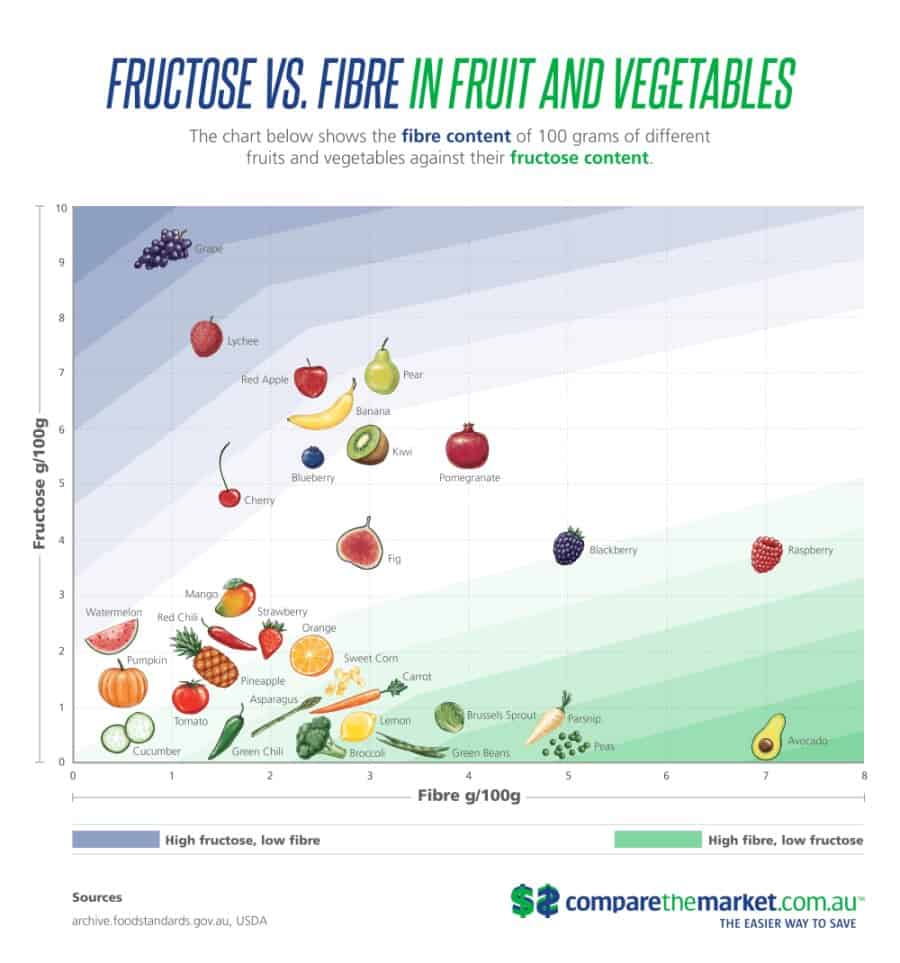Diet and Alzheimer’s: Vegetables
Grade: mostly good
As expected vegetables are good for you. Most colorful vegetables are low in carbohydrates (corn is an exception), while starchy vegetables can actually be a rich source of carbs. Because the body can readily convert the starches in potatoes and corn into glucose and cause a spike in glucose levels, they should be eaten sparingly.
For more information on why a glucose spike should be avoided click here.
The Glycemic Index was created to rate foods for their effect on glucose levels.

